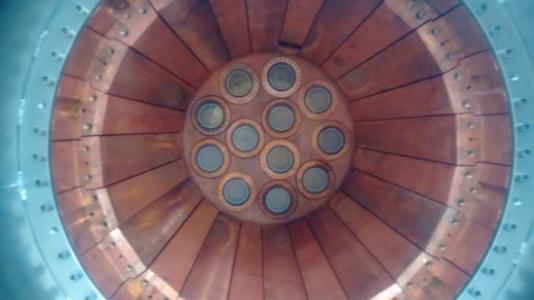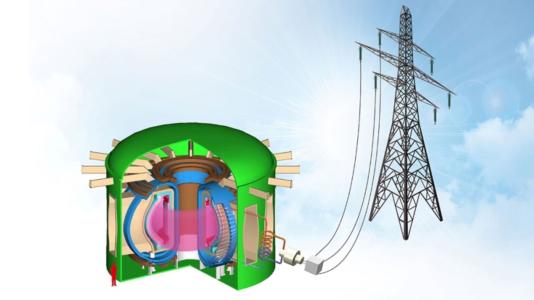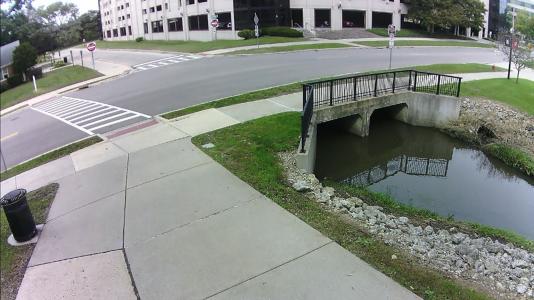Computing, Environment and Life Sciences
Below is a comprehensive list of articles, events, projects, references and research related content that is specific to the organization described above. Use the filter to narrow the results further or please visit Computing, Environment and Life Sciences for more information.
Ignore Organization?
Off


